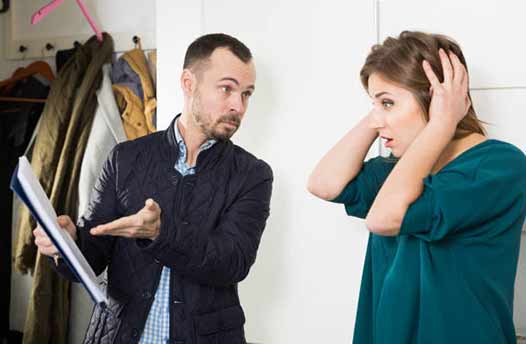
As a landlord in Chicago, it is crucial to ensure that the plumbing systems in your rental properties are well-maintained and functional. Plumbing issues can lead to costly repairs and unhappy tenants. By following these 12 plumbing tips, you can minimize the likelihood of plumbing emergencies and maintain happy, satisfied tenants.
1. Regularly Inspect Plumbing Fixtures
Perform routine inspections of all plumbing fixtures such as sinks, toilets, showerheads, and faucets. Look for any signs of leaks, drips, or damage. Early detection can prevent small issues from turning into major problems.
2. Test Water Pressure
Check the water pressure throughout the property regularly. Low water pressure can indicate underlying plumbing issues like clogged pipes or faulty pressure regulators. Addressing these issues promptly can prevent long-term damage to the plumbing system.
3. Educate Tenants
Provide your tenants with essential plumbing tips and guidelines to prevent common issues. Inform them about what should not be flushed down the toilet, how to use garbage disposals properly, and how to report any plumbing problems promptly.
4. Install Drain Strainers
Encourage tenants to use drain strainers in their sinks and showers to catch hair, soap residue, and other debris. This simple measure can significantly reduce the chances of clogs and blockages in the pipes.
5. Insulate Pipes
Insulate any exposed pipes, especially during the colder months in Chicago. This helps prevent frozen pipes and burst pipes, which can cause extensive damage and costly repairs. Insulation materials are readily available at hardware stores.
6. Maintain Hot Water Heaters
Regularly inspect and maintain the hot water heater in each rental unit. Flush the tank annually to remove sediment buildup, test the pressure relief valve, and ensure that the temperature is set to a safe and efficient level.
7. Address Leak Repairs Promptly
If you receive reports of leaks from your tenants, address them promptly. Ignoring leaks can lead to water damage, mold growth, and even structural issues. Timely repair work will save you from costly repairs in the long run.
8. Winterize Vacant Properties
Before winter, if any of your rental units are vacant, take the necessary steps to winterize them. Shut off the water supply, drain the pipes, and install antifreeze in fixture traps. This will protect the plumbing system from freezing and potential damage.
9. Schedule Routine Plumbing Maintenance
Contact a professional Chicago plumber to conduct annual inspections and maintenance checks. They can identify potential issues before they escalate and perform necessary repairs or replacements.
10. Test Sump Pumps
If your rental property has a basement, ensure that the sump pump is in working order. Test it regularly, especially before heavy rainfall or during spring when snow is melting. A functioning sump pump helps prevent flooding and water damage. Contacting a plumber for any repairs or replacements of a sump pump is the best bet if needed.
11. Know the Location of Shut-off Valves
Inform your tenants about the location of shut-off valves for the main water supply and individual plumbing fixtures. In case of emergencies like burst pipes, quick access to shut-off valves can prevent further damage.
12. Hire Licensed Plumbers
Whenever plumbing repairs or installations are required, hire only licensed and reputable plumbers. This ensures that the work is done correctly and up to code, reducing the chances of recurring issues.
To Sum It Up
By following these 12 plumbing tips as a landlord in Chicago, you can maintain well-functioning plumbing systems in your rental properties, prevent emergencies, and keep your tenants satisfied. Regular inspections, timely repairs, and educating tenants will go a long way in ensuring the longevity and efficiency of your plumbing infrastructure.